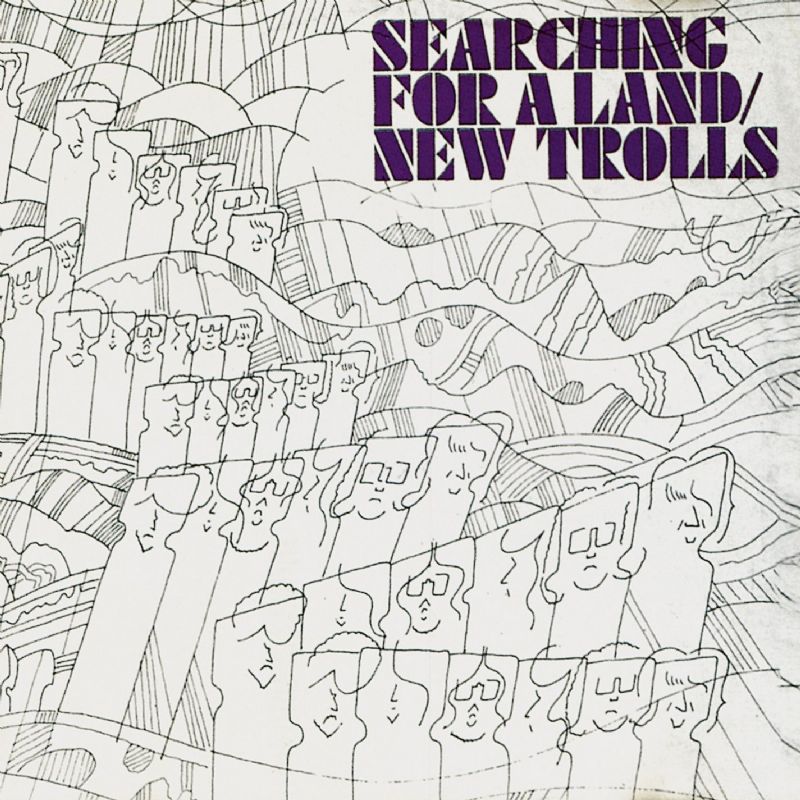Recently, I read a lot of reviews about this American band and especially about a bunch of songs taken from their album "Return". Some said they're great, some said they're just trash. Better go and listen. I did so and I found out a very original, deplacing mix: dissonant chords, easy melodies, vintage arrangements and strong contrasts. Take this "One Wish", likely my favourite one. The double singer idea is brilliant, IMHO, adding a plus to the band, especially on stage.
"Return" was the debut album by Circuline.
You surely need some time to set up your mind , as it features so many different elements, ranging from melodic themes to distorted guitar riffs. The fact is you love or hate Circuline: you can find them excessive or pompous, but you can't deny they know how to organize an impressive series of ideas and conjure up a lushing, still coherent song. Open minded, I daresay.






